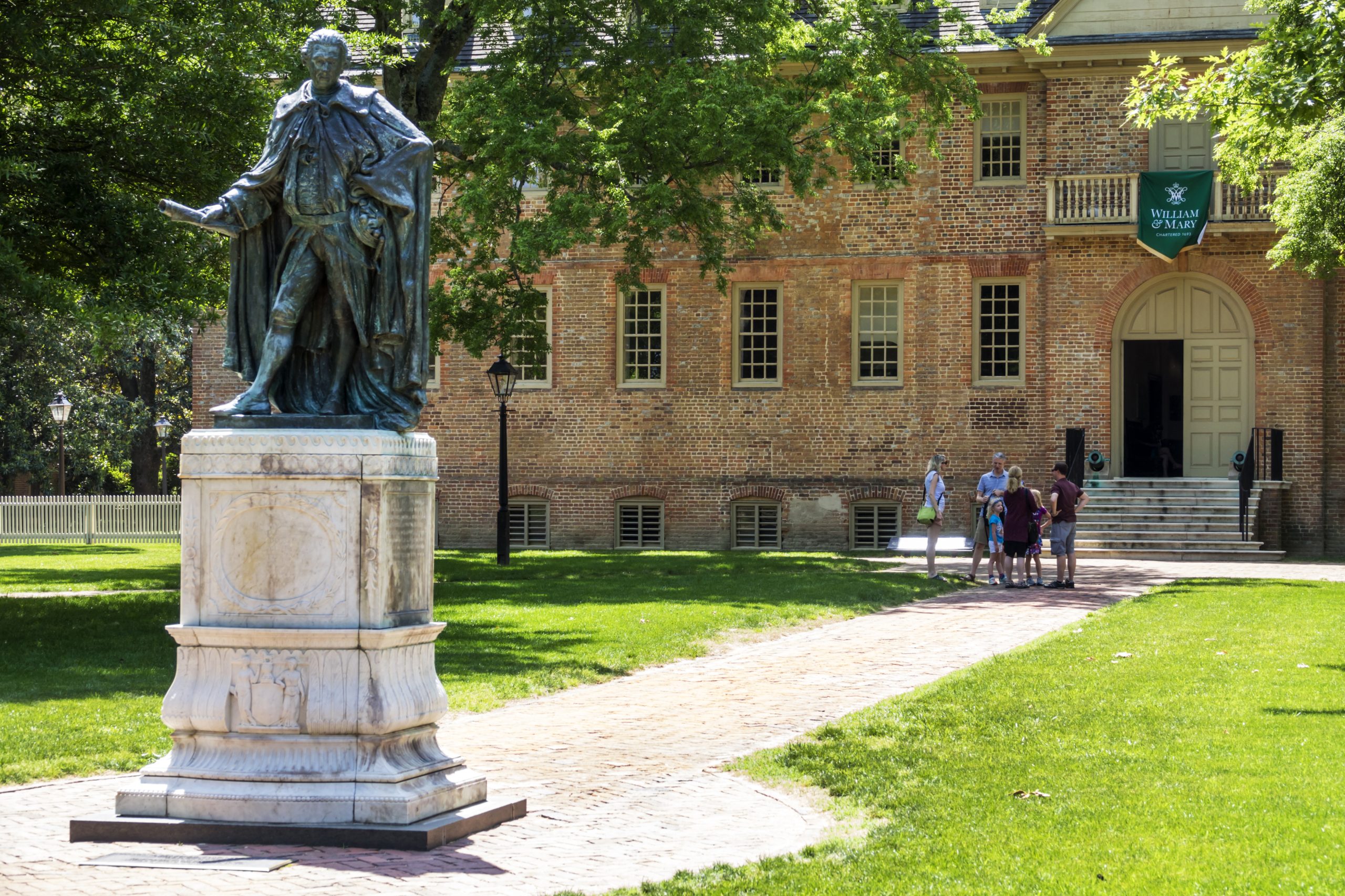More than a dozen universities and nonprofits are harnessing the power of A.I. to raise money from some 13,000 donors. The organizations are partnering up with Givzey, a Boston-based startup focused on nonprofit solutions, to use its A.I.-powered autonomous fundraising tool in the hopes of unlocking new fundraising options. “The whole purpose is to research, develop and accelerate the deployment of the world’s first fully autonomous frontline fundraiser,” Adam Martel, CEO of Givzey, told Observer. The cohorts will be utilizing the company’s Virtual Engagement Officer (VEO), an A.I. avatar, to increase donor engagement amid staffing shortages as “there just aren’t enough frontline fundraisers at these nonprofits,” he said.
The cohort includes schools like William & Mary, La Salle University, San Diego State University, Texas State University and Wake Forest University, alongside nonprofits such as The Jackson Laboratory in Farmington, Conn. and Parkland Health Foundation in Dallas, Texas. “In a landscape where our alumni base is growing exponentially while resources are shrinking, their innovative approach addresses the very challenges we face daily,” said Brooks Hull, vice president for university advancement at Texas State University, in a statement.
Over the next six months, participating organizations will work with Givzey’s team to build out different use cases and theories for the autonomous fundraiser during a research and development period that will be followed by a one-year block of testing. Each participating institution will provide 1,000 donors for Givzey’s VEO to work with. The plan is to target the 70 percent to 80 percent of donors that are lacking personal engagement and bring them closer to the organizations, said Martel. “We’re trying to reverse the trend of downward momentum when it comes to fundraising,” he added.
The 13 nonprofits will each pursue different fundraising strategies, with some testing the VEO to enhance annual fundraising engagement, end-of-year campaigns or to re-engage particular donor populations. More personal use cases, such as connecting donors with students via emails, will be a priority, according to Martel. Other examples of personalized fundraising outreach will include contacting donors with “open to work” badges on their LinkedIn profiles and offering to connect them with a nonprofit’s career services or alumni network.
The company is planning on bringing a beta version of the VEO to market this October or November, said Martel. Givzey, which declined to reveal how much the nonprofit cohort is currently paying to use its tool, is hoping it can bring down the feature’s price over time to between $20,000 and $25,000 annually and have the autonomous fundraiser generate $150,000 to $200,000 in revenue from donors.
It also wants to expand its A.I. tool to become even more interactive in the future by enabling the avatar to answer questions and communicate with donors in real time. “There is so much opportunity for autonomous fundraising to influence and impact the world in a way that has never really been thought possible,” said Martel. “It really is unlike anything the industry has ever seen.”

